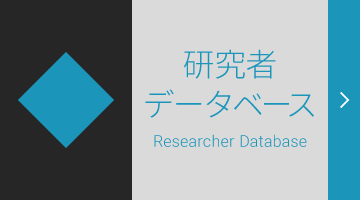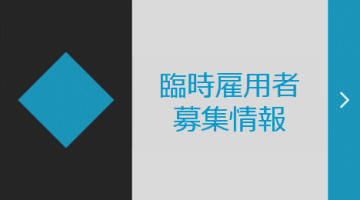| Journal Title /掲載ジャーナル名 |
Energy&Buildings |
| Publication Year and Month /掲載年月 |
August ,2022 |
| Paper Title /論文タイトル |
Feasibility of Staying at Home in a Net-Zero Energy House during Summer Power Outages |
| DOI /論文DOI |
10.1016/j.enbuild.2022.112352 |
| Author of Waseda University /本学の著者 |
TANABE, Shinichi(Professor, Faculty of Science and Engineering, School of Creative Science and Engineering):Lasr Author |
| Related Websites /関連Web |
– |
| Abstract /抄録 |
Energy efficiency in the housing sector is important for achieving carbon neutrality; to achieve this, more net-zero energy houses (ZEHs) are required. ZEHs are considered resilient to power outages. However, the type of living that can be achieved during a power outage is unclear. The purpose of this study was to examine the feasibility of staying in a ZEH with thermal comfort without a risk of heat stroke during summer power outages. We created daily schedules and conducted experiments using an actual ZEH assuming a power outage in summer. The experimental house was constructed in the suburbs of Shizuoka (about 110 km west of Tokyo), Japan, which has a humid subtropical climate. The house was equipped with a photovoltaic system of 4.62 kW and a storage battery capacity of 5.6 kWh, which can output up to 2.0 kVA. The results showed that ZEH can provide air conditioning (AC), ventilation, lighting, refrigerator, cell phone charging, televisions, and hot water supply for a 72-hour power outage. However, the use of high-load appliances and the use of bedroom AC during sleeping time caused disruption in the power supply. The use of AC on an independent circuit resulted in a predicted mean vote (PMV) of −0.5 ∼ 0.8, and a wet-bulb globe temperature of approximately 23 °C was achieved. Thus, thermal comfort with a low risk of heat stroke was maintained. Solar shading and window openings were however not considered and further research is needed to evaluate more varied architectural design and behaviors, and to assess the potential for staying at home in a ZEH. Different weather conditions and different occupant assumptions (e.g., elderly) also need to be further studied. |






